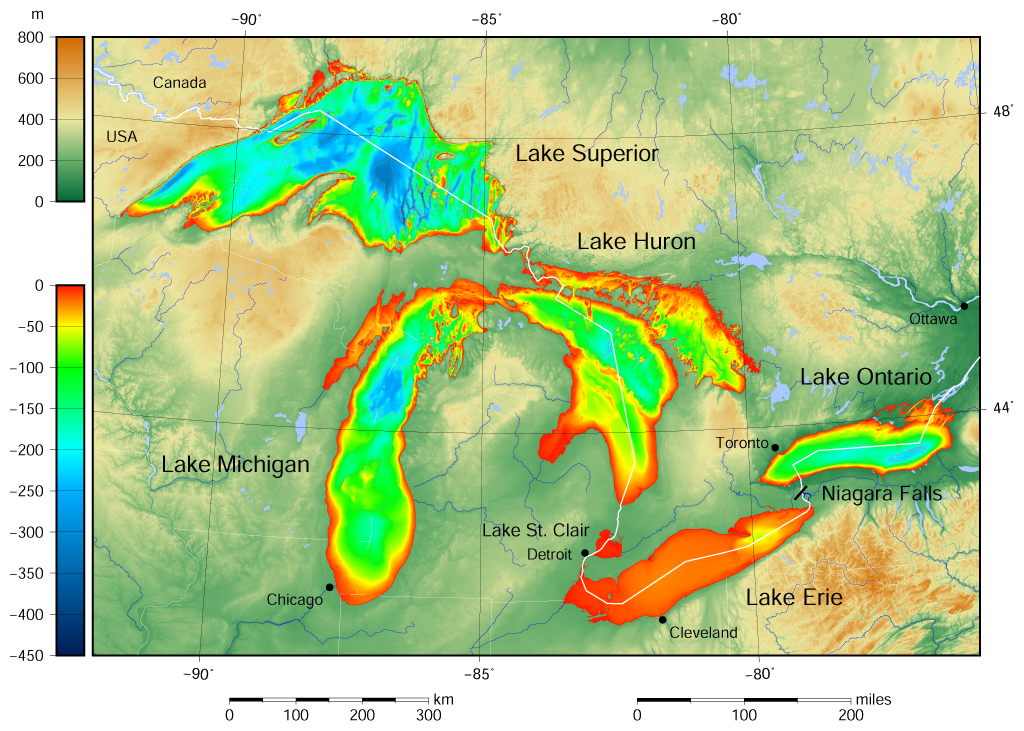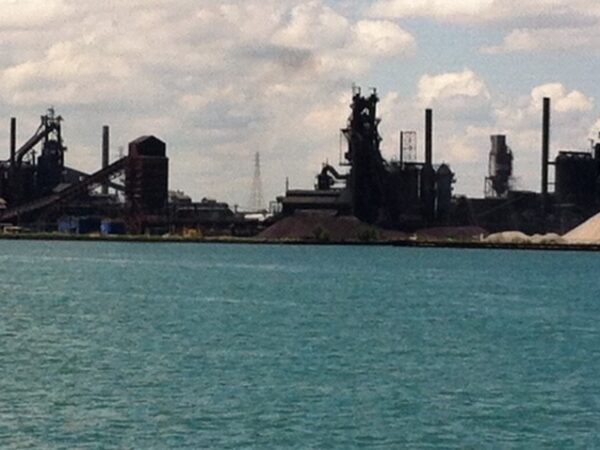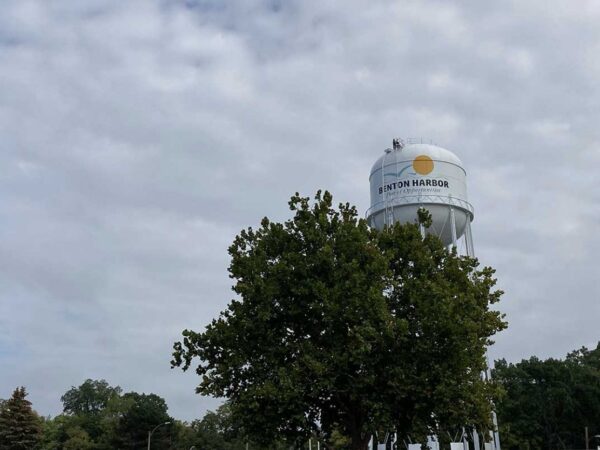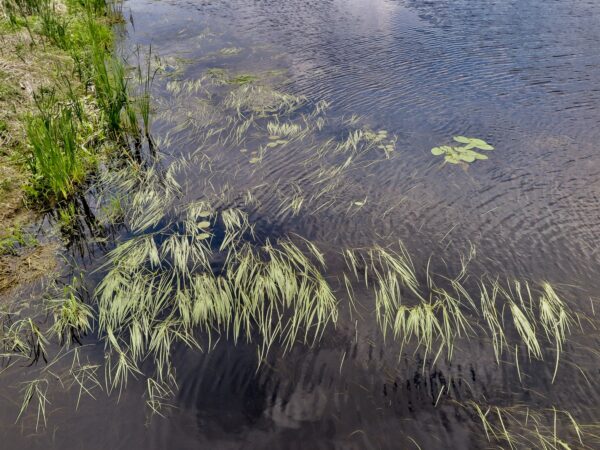
To protect clean water, scientists need more data to understand the complexity of the Great Lakes. Dr. Joan Rose says researchers also need to develop new techniques and new technologies to gather that data.
Rose, the MSU professor who won the 2016 Stockholm Water prize for her work on the risks to human health from microbes in water supplies, says sanitation and sewage treatment worldwide have not kept pace with water treatment. As a result, even in the Great Lakes – whose management she called a model for the world – has traces of sewage in drinking water.
Speaking at “The Great Lakes: Moving Michigan Forward” at Michigan State, Rose said data collection and new data technologies can make water safer for citizens. She pointed to new diagnostic techniques using DNA which shortens the time needed to warn beachgoers of e. coli contamination.
Most e. coli comes from animal sources, but Rose also said recent studies point to pollution originating from septic tanks as being more important than originally realized. Releases from septic tanks not only carry human markers, they also increase stream temperature and pour more phosphorus – a major cause of algae blooms – into the water system.
Adding to the problem is the common practice of applying sewage and animal waste on land as a fertilizer. Rose says spring thaw and summer rain transport pollution into watersheds. At the same time, fields with buffer strips show lower levels of pollution.
The answer to these riddles, she advised students, is to collect data to understand what management practices yield the greatest benefit: till or no-till agricultural practices, the use of tile drains, buffers, and restoring wetlands.
With more data, says Rose, scientists can provide clear answers to politicians and water system managers to make sure citizens get the best quality water possible.





